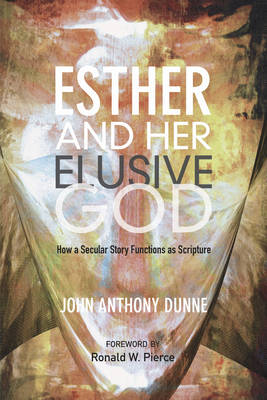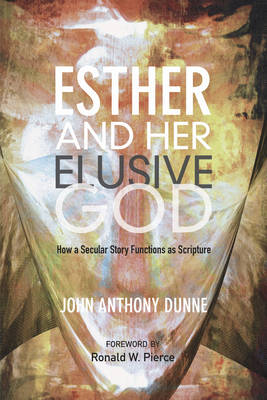
- Afhalen na 1 uur in een winkel met voorraad
- Gratis thuislevering in België vanaf € 30
- Ruim aanbod met 7 miljoen producten
- Afhalen na 1 uur in een winkel met voorraad
- Gratis thuislevering in België vanaf € 30
- Ruim aanbod met 7 miljoen producten
Zoeken
Esther and Her Elusive God
How a Secular Story Functions as Scripture
John Anthony Dunne
Hardcover | Engels
€ 59,95
+ 119 punten
Uitvoering
Omschrijving
What if the way the book of Esther has been taught to us in church and retold to us in films, cartoons, and romance novels has missed the original point of the story? Far from being models of piety and devotion, Esther and Mordecai seem indifferent to the faith of their ancestors. How then did this story become part of the Bible and gain the broad acceptance that it has? If the church should not neglect the story, how should it be read? Esther and Her Elusive God calls Christians to avoid the common attempts to make Esther more palatable and theological, and to reclaim this secular story as Scripture. Readers will be encouraged to see in Esther a profound message of God's grace and faithfulness to his wayward people.
Specificaties
Betrokkenen
- Auteur(s):
- Uitgeverij:
Inhoud
- Aantal bladzijden:
- 170
- Taal:
- Engels
Eigenschappen
- Productcode (EAN):
- 9781498266185
- Verschijningsdatum:
- 12/02/2014
- Uitvoering:
- Hardcover
- Formaat:
- Genaaid
- Afmetingen:
- 152 mm x 229 mm
- Gewicht:
- 399 g

Alleen bij Standaard Boekhandel
+ 119 punten op je klantenkaart van Standaard Boekhandel
Beoordelingen
We publiceren alleen reviews die voldoen aan de voorwaarden voor reviews. Bekijk onze voorwaarden voor reviews.







